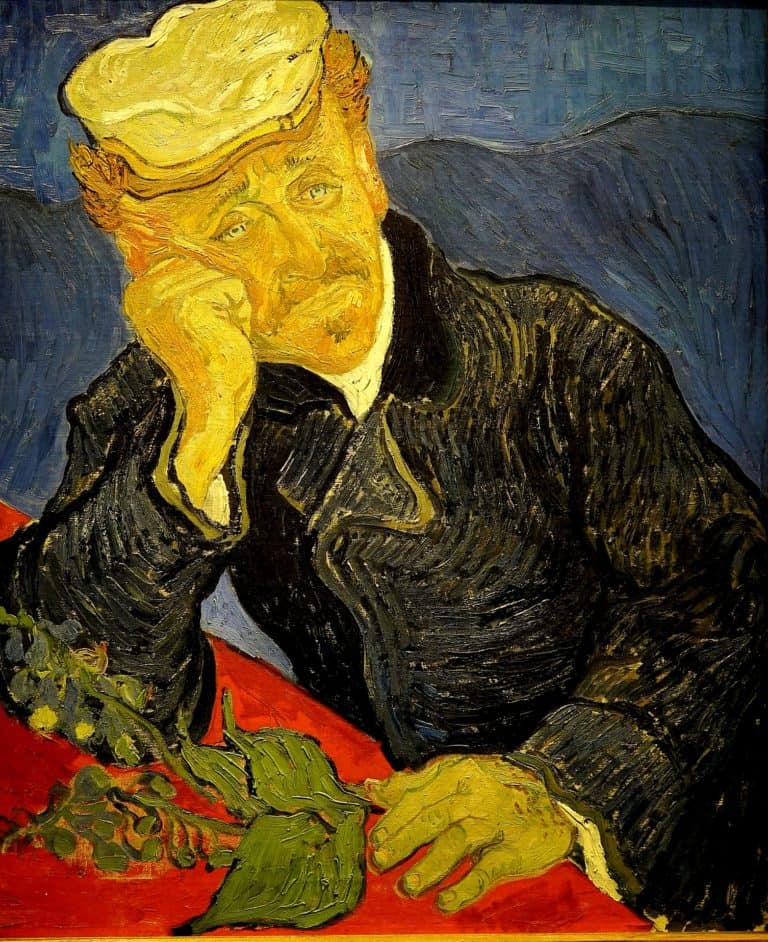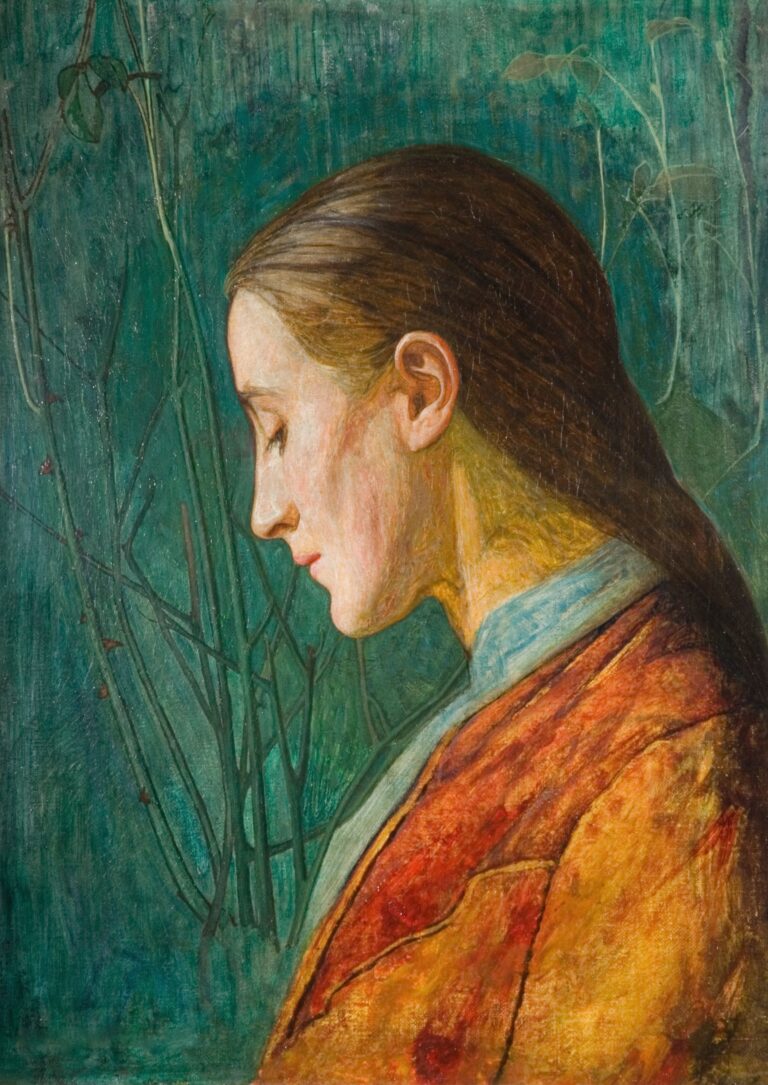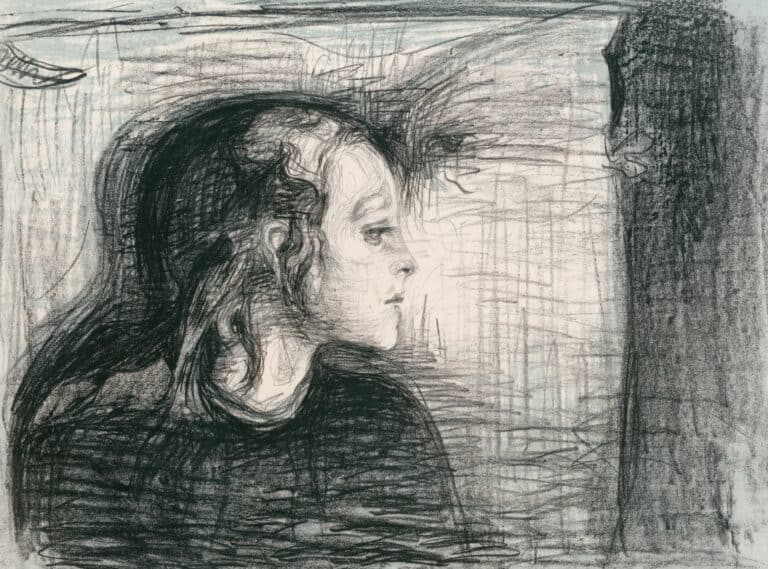Ayurveda and OCD: A Holistic Approach to Managing Obsessive-Compulsive Disorder

Obsessive-Compulsive Disorder (OCD) is a chronic mental health condition characterized by intrusive thoughts (obsessions) and repetitive behaviors (compulsions) that an individual feels compelled to perform.
Traditional treatments for OCD include cognitive-behavioral therapy (CBT) and medications.
However, a growing number of individuals are exploring holistic and complementary treatments, including Ayurveda, to manage their symptoms including repetitive behaviours.
This article delves into how Ayurveda can be utilized to support individuals with OCD.
Understanding OCD
OCD is a multifaceted disorder that affects millions of people worldwide. The obsessions or unwanted and upsetting thoughts often distressing and can lead to significant anxiety.
Common obsessions include fears of contamination, harming others, or a need for symmetry.
Compulsions are repetitive behaviors performed to alleviate the anxiety caused by obsessions. These can include excessive hand washing, checking, or ordering items in a specific way.
stressful life events and brain abnormalities are believed to greatly contribute to the development of OCD symptoms and subtypes such as hoarding ocd and symmetry ocd.
The Ayurvedic Perspective on Mental Health
Ayurveda, an ancient system of medicine that originated in India over 5,000 years ago, emphasizes the balance of mind, body, and spirit for overall health.
According to Ayurveda, mental health is deeply interconnected with physical health and is governed by three fundamental energies known as doshas: Vata, Pitta, and Kapha.
Vata Dosha is associated with movement, creativity, and communication.
Pitta Dosha is linked to metabolism, transformation, and digestion.
Kapha Dosha is connected to structure, stability, and lubrication.
Imbalances in these doshas can lead to various physical and mental health issues.
Ayurveda OCD is a condition primarily related to an imbalance in the Vata dosha, which governs the nervous system and mental activity.
When Vata is out of balance, it can lead to excessive worry, anxiety, and repetitive thoughts, which are hallmark symptoms of OCD.
Ayurvedic Treatments for OCD

Ayurveda offers a comprehensive approach to managing OCD, other psychiatric disorders and mental disorder such as anxiety disorder, focusing on restoring balance to the doshas through diet, lifestyle modifications, herbal remedies, yoga, and meditation.
Diet and Nutrition
Diet plays a crucial role in Ayurvedic treatment. For individuals with OCD and poor mental ability, balancing the Vata dosha is essential. This can be achieved by incorporating grounding, warming, and nourishing foods into the diet.
Favor: Warm, cooked foods such as soups, stews, and casseroles. Include sweet, sour, and salty tastes, which help to pacify Vata.
Avoid: Cold, dry, and raw foods, as well as stimulants like caffeine and refined sugars, which can aggravate Vata.
Hydration: Drink warm or room-temperature water and herbal teas to maintain hydration and calm the nervous system.
Herbal Remedies
Ayurvedic medicine utilizes various herbs to balance the doshas and promote mental health. Some key herbs for managing OCD include:
Ashwagandha: Known for its adaptogenic properties, ashwagandha helps reduce stress and anxiety, which can be beneficial for OCD symptoms.
Brahmi: This herb supports cognitive function and has a calming effect on the mind, making it useful for managing obsessive thoughts.
Jatamansi: Known for its tranquilizing properties, jatamansi helps in calming the nervous system and promoting better sleep.
Shankhpushpi: This herb is used to enhance memory and reduce mental fatigue, supporting overall mental clarity.
Lifestyle Modifications
Ayurveda emphasizes the importance of daily routines (dinacharya) and seasonal routines (ritucharya) to maintain balance and health.
Regular Schedule: Maintain a consistent daily schedule, including regular times for eating, sleeping, and waking.
Adequate Sleep: Ensure 7-8 hours of quality sleep each night to support mental and physical health.
Mindful Activities: Engage in activities that promote relaxation and mental clarity, such as gardening, painting, or spending time in nature and other environmental factors
Yoga and Meditation
Yoga and meditation are integral parts of Ayurveda and can be highly beneficial for managing OCD and other mental disorders. These practices help in calming the mind, reducing anxiety, and improving overall well-being.
Yoga: Incorporate grounding and calming yoga poses such as child’s pose (Balasana), forward bend (Uttanasana), and legs up the wall (Viparita Karani). Regular practice of these poses can help in reducing stress and balancing Vata.
Pranayama (Breath Control): Practice calming breathing techniques such as alternate nostril breathing (Nadi Shodhana) and deep belly breathing to calm the nervous system.
Meditation: Daily meditation practices, including mindfulness meditation and guided imagery, can help in reducing the intensity of obsessive thoughts and promoting a sense of inner peace.
Panchakarma (Detoxification)
Panchakarma is a series of cleansing and rejuvenation treatments in Ayurveda designed to detoxify the body and mind. For OCD patients, these treatments can help in eliminating toxins and restoring balance to the doshas.
Abhyanga (Oil Massage): A warm oil massage helps in calming the nervous system and grounding Vata.
Shirodhara: A treatment where warm oil is poured over the forehead, which can be deeply relaxing and beneficial for mental clarity.
Basti (Enema Therapy): This treatment helps in balancing Vata and promoting overall detoxification.
Support and Guidance
Consulting with a qualified Ayurvedic practitioner is essential for individuals with OCD.
An Ayurvedic practitioner can provide personalized treatment plans based on an individual’s unique constitution (Prakriti) and current state of doshas (Vikriti).
Combining Ayurveda with Conventional Treatments

While Ayurveda offers a holistic approach to managing OCD, it is essential to recognize that severe cases of OCD may require conventional treatments such as CBT and medication.
Combining Ayurvedic treatments with conventional therapies can provide a comprehensive approach to managing symptoms and improving overall quality of life.
Integrated Care: Work with both an Ayurvedic practitioner and a mental health professional to develop an integrated care plan that addresses all aspects of your health.
Open Communication: Maintain open communication with all healthcare providers to ensure that treatments are complementary and do not interfere with each other.
Final Verdict – Ayurveda OCD
Ayurveda offers a holistic and natural approach to managing OCD, focusing on restoring balance to the mind and body.
By incorporating Ayurvedic principles such as diet, herbal remedies, lifestyle modifications, yoga, and meditation, individuals with OCD can find support in managing their symptoms and improving their overall well-being.
However, it is crucial to work with qualified healthcare providers and consider an integrated approach that combines the best of both Ayurvedic and conventional treatments.
For those seeking alternative and complementary treatments for OCD, Ayurveda provides a valuable and time-tested framework for promoting mental health and achieving a balanced life.





